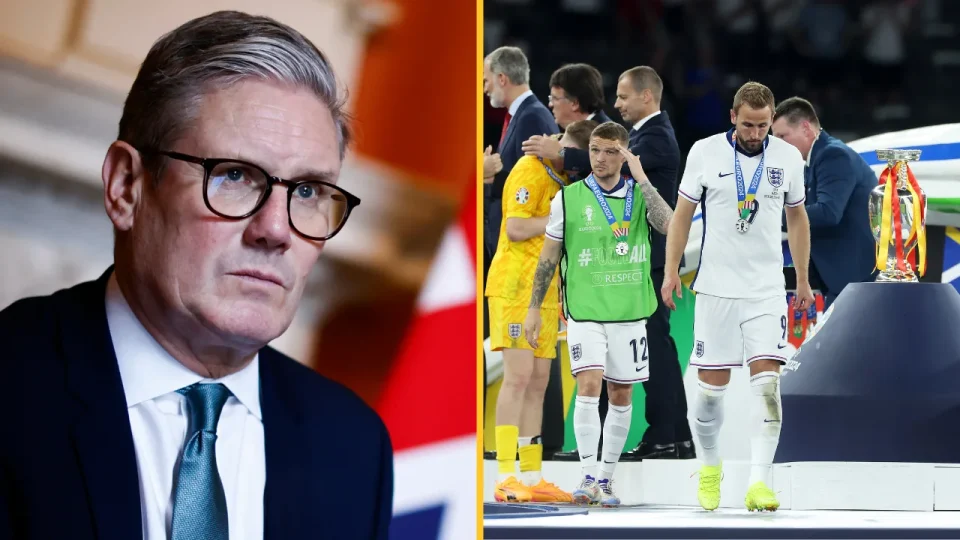UEFA has issued a warning to England that they could be banned from competing in their own Euro 2028 tournament, following the introduction of a new UK government bill.
In recent years, England and the European Championships have forged a notable connection, with The Three Lions reaching the finals in both of the last two tournaments. It was announced last year that England, Northern Ireland, Wales, Scotland, and Ireland would jointly host matches for Euro 2028.
However, UEFA’s warning stems from the British government’s plan to establish a football regulator aimed at “ensuring financial stability” for clubs across the top five tiers of the sport. UEFA strongly opposes government interference, arguing that football regulation should be managed by national federations.
Theodor Theodoridis, UEFA’s general secretary, sent a letter to Culture Secretary Lisa Nandy, expressing concerns that government involvement could lead to potential sanctions against the English Football Association (FA). He emphasized that such interference could result in the exclusion of the FA from UEFA, thereby preventing English clubs from competing in European competitions.
While the possibility of a ban appears serious, UEFA sources have indicated that it is not expected to reach that level.
The idea of establishing a football watchdog is not new; calls for such a body have been ongoing for some time. Plans began to take shape last year following a fan-led review that highlighted the need for a regulator to ensure the long-term financial stability of the men’s professional game, especially in light of controversies such as the European Super League.
The new government’s plans will introduce a licensing system for clubs to promote sustainability, implement a strengthened owners and directors test, and increase fan influence in crucial decisions.
However, Theodoridis warned Nandy of “scope creep” within the proposed Independent Football Regulator (IFR), suggesting it could lead to unwanted governmental interference. He stressed the importance of preserving the FA’s independence in football governance.
“The IFR should focus on the long-term financial sustainability of clubs and avoid crossing into areas perceived as external interference,” he cautioned, also raising concerns about the impact of government foreign and trade policies on future ownership suitability.
Despite UEFA’s alarmist tone, experts suggest that the Football Governance Bill is unlikely to lead to significant sanctions against England. David Newton, the FA’s head of football operations, has indicated that the bill’s structure should help avoid any penalties.
Credit: Joe Sports




